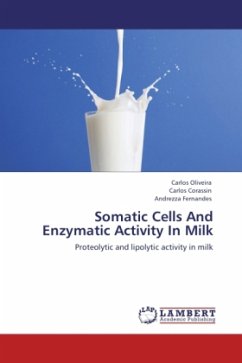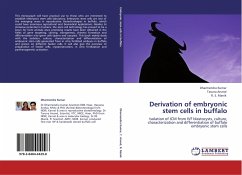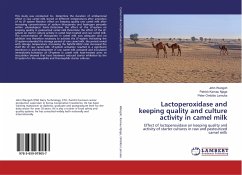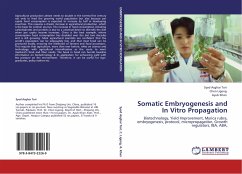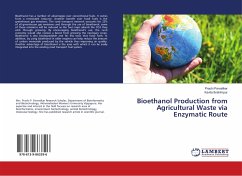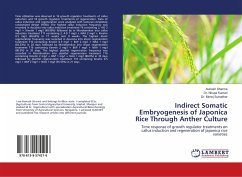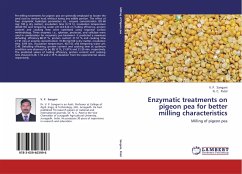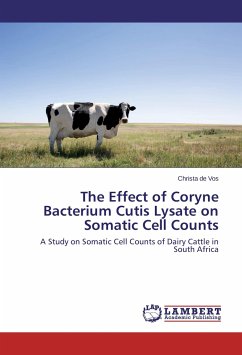Mastitis is generally recognized as an important factor that influences the quality of milk and dairy products. Milk from infected cows is characterized by increased somatic cell (SC) counts associated with changes in the components and properties of raw milk. Mastitis losses to the dairy industry are related to alterations in milk composition, reduced calcium, lactose and casein levels, and increases in sodium, chloride, and levels of serum proteins. However, one of the most important adverse effects of high SC counts in milk on the dairy industry includes undesirable sensory attributes caused mainly by proteolytic and lipolytic enzymes. This book covers the effects of major enzymes related to somatic cells on the quality of milk and dairy products, such as reduced shelf life and changes in sensory attributes, mainly due to off-flavors formation.
Bitte wählen Sie Ihr Anliegen aus.
Rechnungen
Retourenschein anfordern
Bestellstatus
Storno

